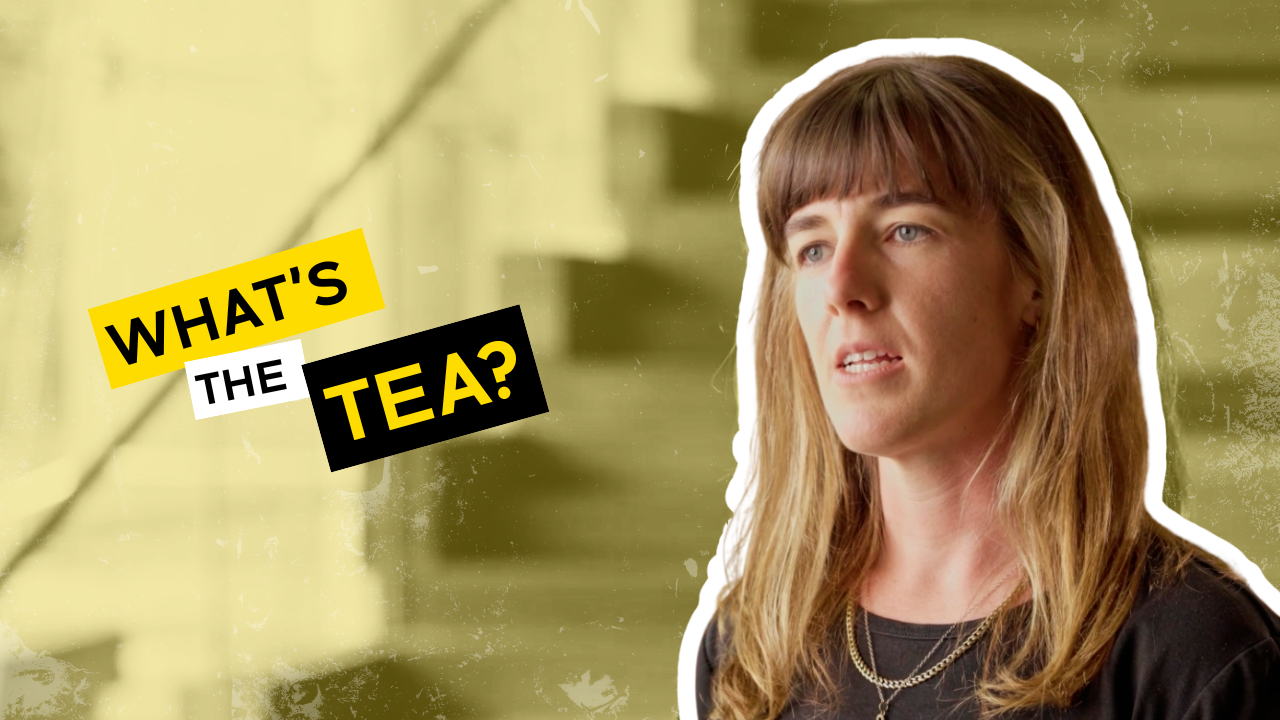Christopher Pyne, Helen Christensen, Patrick McGorry & Alastair Campbell: The Politics of Mental Health

Half of all Australians will experience mental ill-health in their lifetime. The prevalence of mental illness in young people is on the rise. The World Health Organization confirms that depression will overtake heart disease as the number one cause of disease burden worldwide by 2030. Yet mental health receives only 2% of the global health care budget, and even in countries like Australia, awareness and rhetoric outstrip funding by miles.
Providing appropriate mental health services for people who need them should be the number one priority in health care, so why is it so hard for people with mental illness to get a fair deal?
With unique insight into the workings of government, and lived experience of mental illness, British journalist and political aide Alastair Campbell has become a leading advocate for action on mental health in the UK.
Campbell was joined by a panel of experts including Helen Christensen from the Black Dog Institute, Patrick McGorry the Executive Director of Orygen and ex Liberal party MP Christopher Pyne to share ideas on what can be done to improve mental health service provisions and outcomes for all Australians.
Stigma is real and it has a genuine real effects on policymaking.
The problem with mental health in Australia is that we don’t feel it fits with our national character.
The government's failure to understand scale of mental health issue is the biggest problem.
Photo credit: Prudence Upton
This conversation was chaired by dual-walkley award winning investigative reporter Sarah Dingle and was presented in partnership with Orygen, The National Centre of Excellence in Youth Mental Health.
-
1/3
Christopher Pyne, Helen Christensen, Patrick McGorry, Alastair Campbell and Sarah Dingle
-
2/3
Christopher Pyne, Helen Christensen, Patrick McGorry, Alastair Campbell and Sarah Dingle
-
3/3
Christopher Pyne, Helen Christensen, Patrick McGorry, Alastair Campbell and Sarah Dingle

Alastair Campbell
Alastair Campbell is a writer, communicator and strategist best known for his role as former British Prime Minister Tony Blair’s spokesman, press secretary and director of communications and strategy. Still active in politics and campaigns in Britain and overseas, he now splits his time between writing, speaking, charities and consultancy. He has written 14 books in the past ten years including a personal memoir on depression and the pursuit of happiness. Campbell is an ambassador for the Time to Change campaign to raise awareness about mental illness, ambassador for Alcohol Concern, patron of Maytree, the country’s only charity for the suicidal, and of Kidstime, which supports the children of mentally ill parents. He co-founded the all-party campaign, Equality4MentalHealth which secured an extra £600 million for mental health services. In 2008, Alastair featured in an award-winning one-hour documentary, Cracking Up on BBC2 about his own breakdown in 1986. Both the film and his first novel, All In The Mind, won considerable praise from mental health charities and campaign groups, which lead to his appointment as Mind Champion of the Year in 2009.

Sarah Dingle | Chairperson
Sarah Dingle is a dual Walkley Award-winning investigative reporter and presenter with the ABC, working across radio and TV current affairs. She has investigated everything from indigenous affairs and human rights to defence and sport. Her work has also won the Walkley Foundation’s Our Watch award for reporting on violence against women and children, the UN Media Peace Prizes, the Amnesty Media Prizes, the Voiceless Media Prize, and the Australian College of Educators Media prize. Her radio documentaries for the ABC’s Background Briefing have been recognised by the Australian Human Rights Commission, the Australian Sports Commission Awards and the National Press Club. In 2010 she was the ABC's Andrew Olle Scholar. In 2021 she released her first book, Brave New Humans.

Christopher Pyne
Christopher Pyne was elected to the House of Representatives for the seat of Sturt in 1993. He retired from the Parliament in 2019. In 2006 he founded headspace: the Youth Mental Health Initiative. He was the Australian Minister for Defence responsible for delivering the $200 billion build-up of Australia’s military capability, the largest in Australia’s peacetime history. Christopher has also been a Minister in the Howard, Abbott, Turnbull and Morrison Governments serving as Minister for Ageing; Minister for Education and Training, Minister for Industry Innovation and Science and Minister for Defence Industry. In his time as a Minister he has delivered the National Innovation and Science Agenda, reformed the National Curriculum, introduced compulsory literacy and numeracy testing for Australian teaching graduates and expanded phonics teaching in remote schools in northern Australia. Christopher is the author of A Letter to my Children, published in 2015. Before entering Parliament, Christopher practised as a solicitor.

Helen Christensen
Scientia Professor Helen Christensen is a health and medical researcher specialising in suicide prevention, e-mental health and mental health epidemiology. Since 2012, Prof Christensen has been the Director and Chief Scientist of the Black Dog Institute and Professor of Mental Health, Faculty of Medicine at the UNSW, Sydney. The Black Dog Institute is Australia’s only independent medical research institute which focuses on mental health across the lifespan. Black Dog translates the latest globally recognised research into evidence-based clinical services, education, training and e-mental health tools for people, workplaces and schools across Australia.

Patrick McGorry
Professor Patrick McGorry AO is the Executive Director of Orygen, Professor of Youth Mental Health at the University of Melbourne, and a Founding Director of the National Youth Mental Health Foundation (headspace). He is a world-leading researcher in the area of early psychosis and youth mental health, and has been directly involved in research and clinical care for homeless people, refugees and asylum seekers. His work has played a critical role in the development and research of safe and effective treatments for young people with emerging mental disorders, notably psychotic and severe mood disorders. He has also played a major part in the transformational reform of mental health services to better serve the needs of young people with mental ill-health. He is frequently asked to advise on early intervention and youth mental health policy both nationally and internationally.



